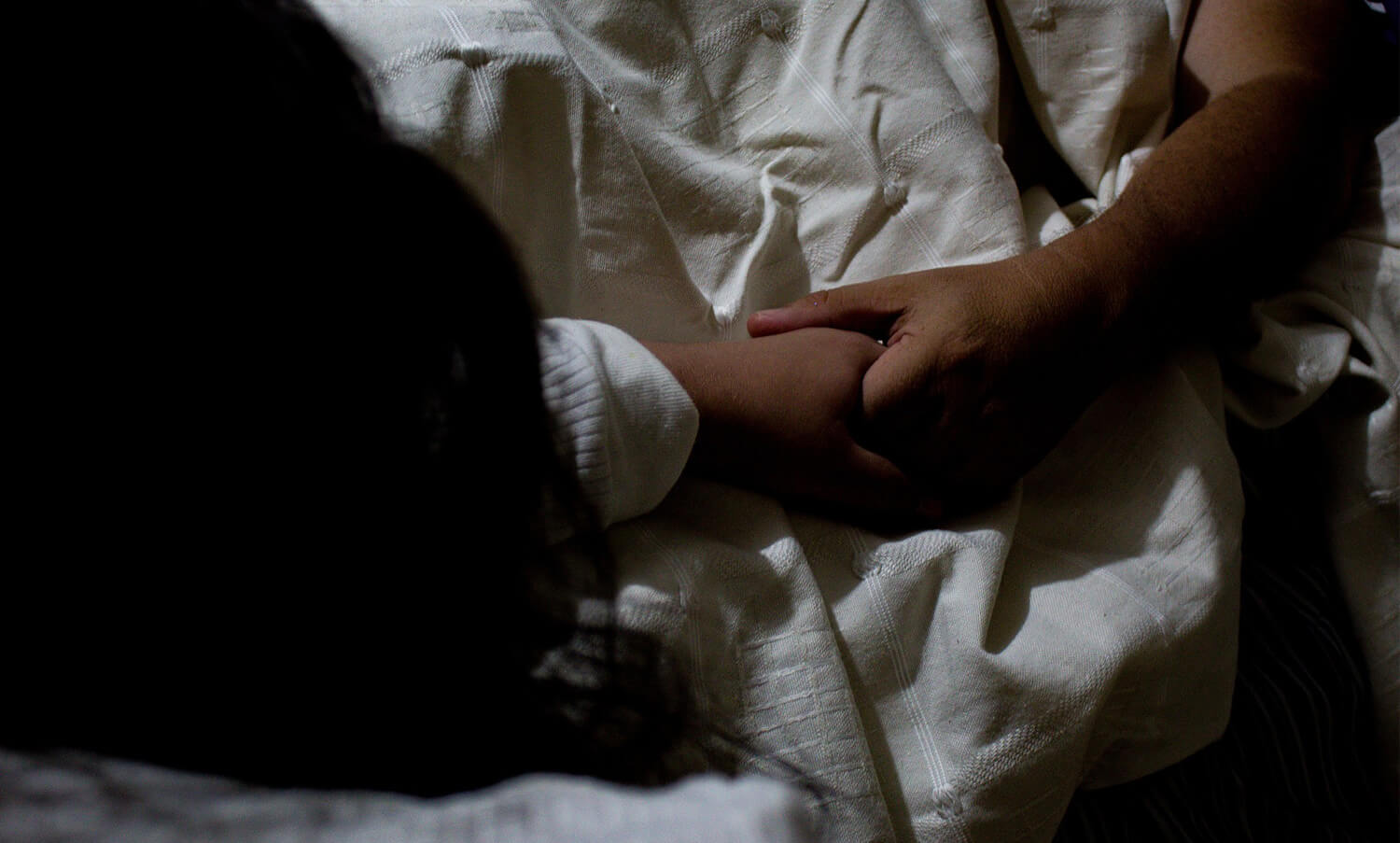Depression Treatment

Identifying Depression: Common Indicators
Spotting the signs of depression early can lead to more effective management:
- Enduring sadness or a hollow feeling that doesn’t seem to go away.
- Disinterest in hobbies or activities once found enjoyable.
- Appetite changes resulting in weight fluctuations.
- Trouble sleeping or sleeping too much, disrupting normal daily routines.
- Constant fatigue or a significant drop in energy levels.
- Overwhelming feelings of guilt or worthlessness that are disproportionate to the situation.
How to prevent Depression
- Medication Management: Utilizing antidepressants to adjust chemical imbalances that influence mood and stress responses.
- Therapeutic Interventions: Offering sessions in cognitive-behavioral and interpersonal therapy to reshape thought patterns and enhance social interactions.
- Transcranial Magnetic Stimulation (TMS): Employing this innovative, non-invasive technique to activate key areas of the brain involved in mood regulation.
Our personalized treatment plans are designed to address the unique challenges our patients face.
The Positive Impact of Treating Depression
Effective management of depression offers profound life enhancements:
- Restored emotional stability: Proper treatment helps alleviate the intense emotions associated with depression.
- Revitalized daily engagement: Individuals regain the ability to participate fully in daily activities and pursue personal interests.
- Renewed personal connections: Treatment can help mend and deepen relationships that may have suffered during periods of depression.
By addressing depression comprehensively, we not only improve mood and activity levels but also enhance overall life quality. At Brandon TMS and Psychiatry, we commit to supporting our patients every step of the way on their journey to recovery, providing both innovative and traditional therapies tailored to their needs. Request more Information.

Request a Free Call-Back with Depression Treatment Doctor
Interested in more information or a quick chat? Just let us know! Fill out a brief form or request a call-back, and we’ll get in touch shortly.
HAVE QUESTIONS?
FAQ - Depression Treatment
Depression can be treated through various approaches, including psychotherapy, medication, lifestyle changes, and alternative therapies. Often, a combination of these approaches is most effective in managing depression symptoms.
Psychotherapy, also known as talk therapy, is an essential component of depression treatment. Common types of psychotherapy for depression include cognitive-behavioral therapy (CBT), interpersonal therapy (IPT), psychodynamic therapy, and behavioral activation therapy. These therapies aim to help individuals identify negative thought patterns, learn coping skills, improve interpersonal relationships, and address underlying emotional issues.
Yes, antidepressant medications are often prescribed to help manage depression symptoms. These medications work by affecting neurotransmitters in the brain, such as serotonin and norepinephrine. Selective serotonin reuptake inhibitors (SSRIs), serotonin-norepinephrine reuptake inhibitors (SNRIs), tricyclic antidepressants (TCAs), and monoamine oxidase inhibitors (MAOIs) are among the commonly prescribed antidepressants.
Lifestyle changes can play a significant role in managing depression symptoms and promoting overall well-being. Examples of beneficial lifestyle changes include regular exercise, maintaining a healthy diet, getting adequate sleep, reducing stress through relaxation techniques or mindfulness practices, avoiding alcohol and drugs, and engaging in enjoyable activities or hobbies.
In addition to traditional psychotherapy and medication, several alternative therapies may be helpful for some individuals with depression. These may include acupuncture, yoga, meditation, light therapy (for seasonal affective disorder), herbal supplements (such as St. John's Wort), and massage therapy. It's essential to discuss these options with a healthcare professional to ensure they are safe and appropriate for individual needs.

